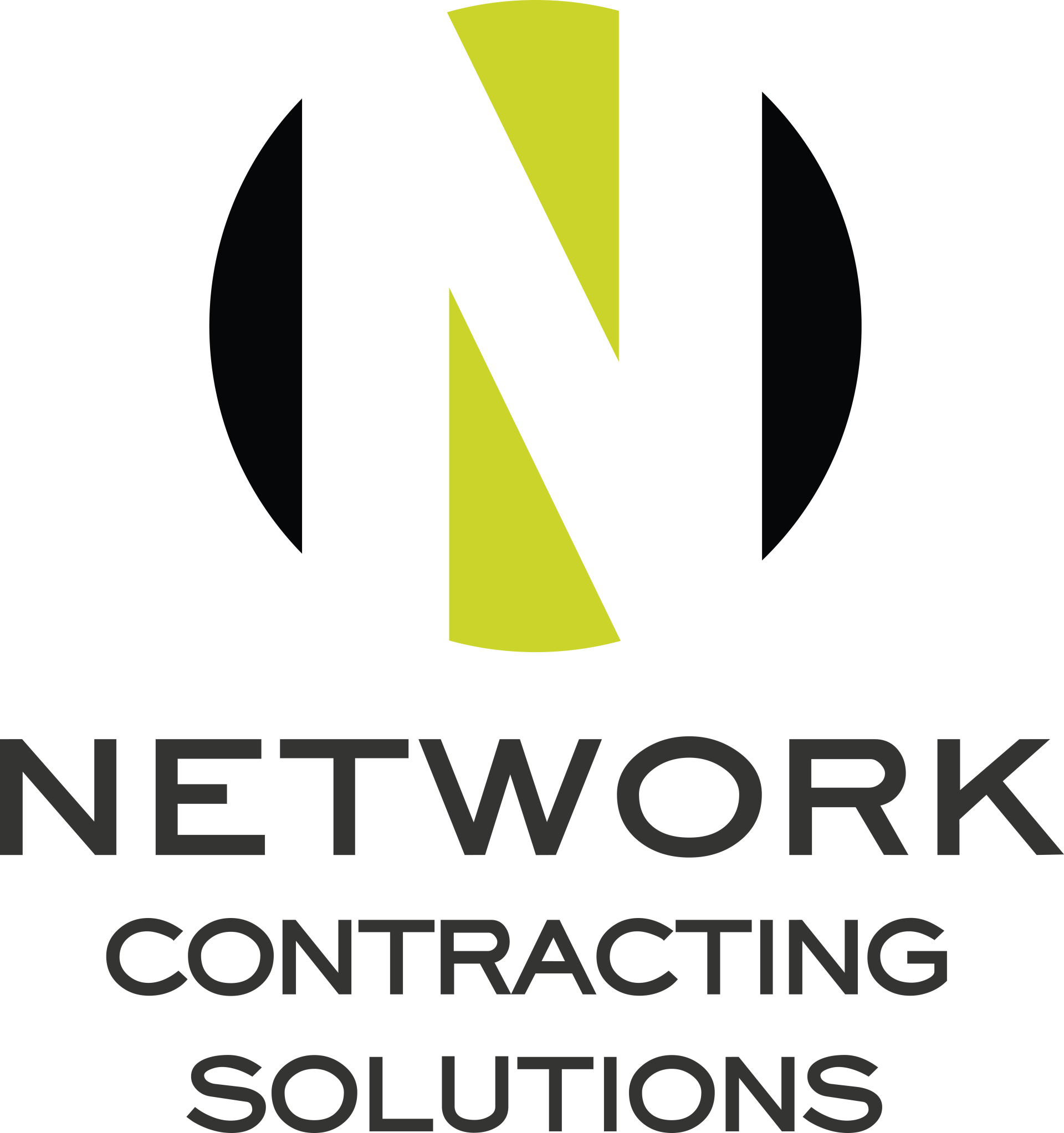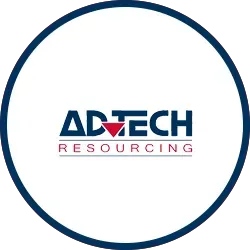By Georgina Barrick
Ask any athlete about to run onto the playing field, or any speaker about to face an audience of a thousand, if they're nervous - and chances are both will own up at the very least to feeling a little anxious.
Way back in 1908, Harvard psychologists Robert Yerkes and John Dillingham Dodson took a critical look at how anxiety can actually make people perform tasks better . . . until, of course, they become overly anxious.
The research became known as Yerkes-Dodson Law, and suggests that "there is a relationship between performance and arousal. Increased arousal can help improve performance, but only up to a certain point. At the point when arousal becomes excessive, performance diminishes".
In a Yerkes-Dodson curve, humans go from weak mental arousal – meaning slight positive stress – to an acceptable level of performance and then, with added "good stress", reach peak optimal performance. Additional anxiety or stress at the level of optimal performance may quickly become "bad" stress, and performance levels drop back to their starting point.
So, someone given a new job or added responsibility at work may initially be anxious about the task ahead. With some leadership guidance and encouragement, their anxiety will push them towards becoming more productive at the task, and then reach a point where their understanding and enthusiasm makes them excel at it. Any more pressure and you've lost them on the performance scale.
Importantly, both low performance and high performance constitutes a state of mental arousal . . . but the latter, the worker pushed too hard, would now likely be feeling negative stress or even burnout.
In equestrian terms, it's called "overfacing the horse", explained this way by horse trainers and other experts: "To overface a horse means to ask him to jump beyond his abilities - jumps that are too high, too wide, too many, too often or too difficult. Jumping when unfit, injured or tired are also causes."
Tasking an employee in a company with the next step in the career ladder will almost always increase anxiety and stress, and so it should. The mix of excitement and trepidation of learning something new, with increased responsibility, usually gives enthusiastic, prepared people the impetus to learn more and produce more. However, overfacing your employee – perhaps giving them the promotion but expecting them to pick it up and run with it and know everything about their new function immediately - creates the type of stress that is tantamount to sabotaging their chances of success.
So, how should business leaders work within the bounds of "good stress" and ensure consistent performance an improvement among their co-workers? Firstly, understand that the best-performing people in any business are those who are engaged in every aspect of their work, and trusted to perform properly. The "under-engaged" derive little pleasure from going to work every day, and operate under the radar, with just enough effort to keep earning a salary and no personal motivation for promotion.
In an article published in the May – July issue of ThinkSales magazine, writer Monique Verduyn suggests that leaders not only ensure that staff members get the opportunity to improve their skills regularly, but that they are fully engaged. This means increasing their challenges in a manner that motivates without overwhelming and provides both support and encouragement.
She also suggests that business leaders find ways to "capture employees' attention and enhance their abilities to concentrate". People who lose focus may have surpassed the optimal level in Yerkes-Dodson Law and find themselves having slid down the other end of the bell curve, with strong anxiety or stress from feeling overfaced.
Determining how to tell whether or not an employee is ready for new or additional challenges requires some insight from business leaders – not only about good and bad stress and its effect on individuals, but about the individual themselves. Not all employees who appear enthusiastic and capable are ready for the next step; and not all the quiet but conscientious staff members should remain exactly where they are because they seem to perform that specific function so well. Take a look what over-facing employees can do in one of my previous articles, The unbearable lightness of excellence, where I discuss how overloading top performers can ultimately result in mediocrity.
Today's business leaders are required to know far more about their employees to be able to determine which are the innovators, the leaders, the high performers and the quiet, backbone-of-the-company members. Spending time getting to know your team members and how much of a challenge each can handle and when it's most appropriate is key to retaining the most agile and best possible talent for your company.
By knowing who is ready to take a leap on the ladder and who will merely be overfaced, leaders are able to create specific challenges that can be met by individuals, adding to the growing base of knowledge and performance in their companies. These leaders are the ones who understand "good stress" and how it creates innovators.










